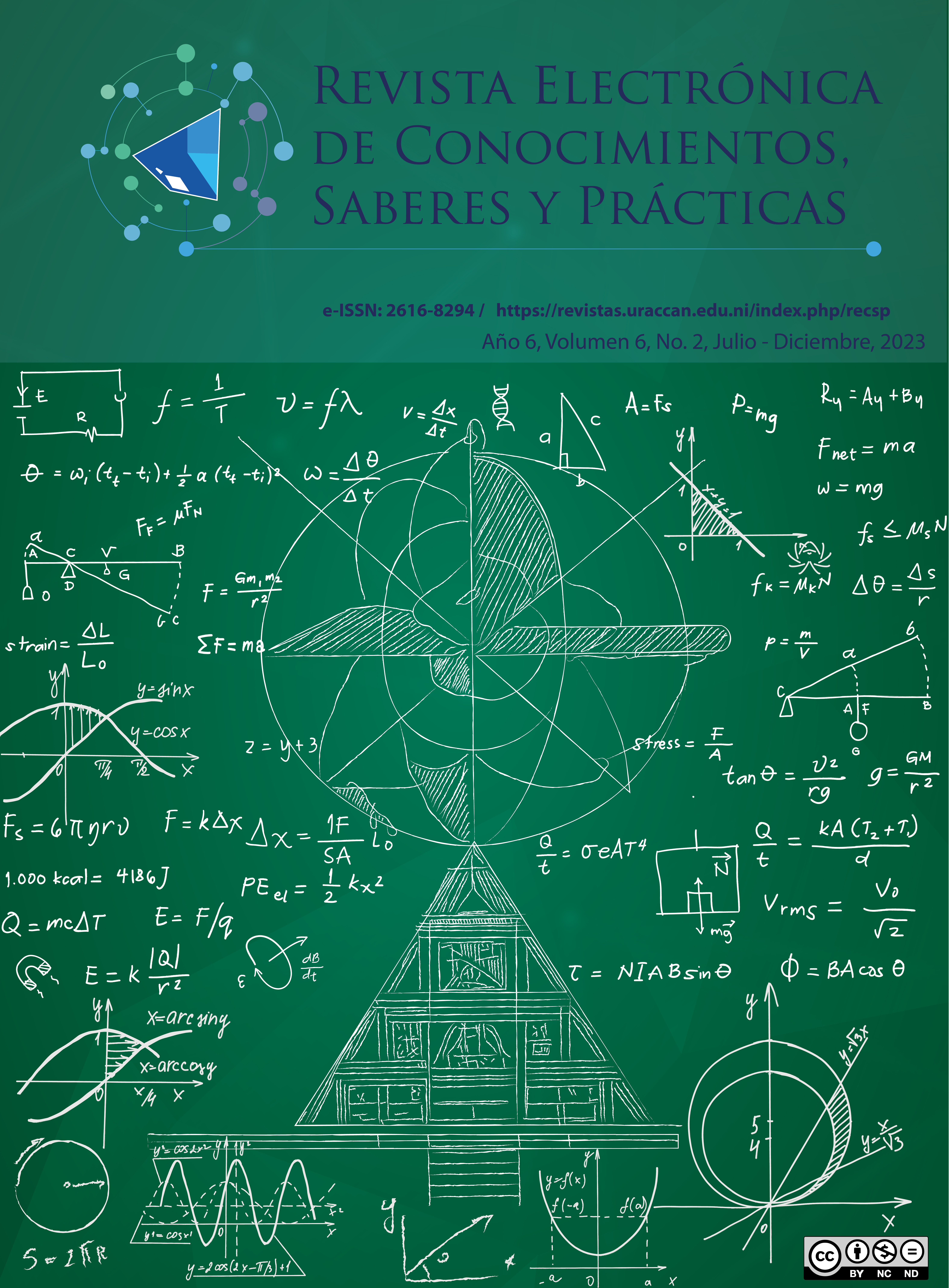The Teaching-Learning of History. Case studies in two Secondary Schools
DOI:
https://doi.org/10.5377/recsp.v6i2.18487Keywords:
education, life history, teaching methodologiesAbstract
This study analyzed the teaching methodologies applied by teachers in the decade from 2000 to 2010 and how these influenced the teaching-learning process of the subject of History. It is a research that was carried out to investigate the teaching methodologies applied by teachers in the area of history. Furthermore, it arises as a need to highlight the importance of the study of this area of knowledge, as a useful area for the formation of citizenship. analytical and critical in the current sociopolitical context, both national and international. The study carried out focuses on the interpretive paradigm and oral history was used as a research method, and life history as a research technique. The main finding was that the type of education in this period revolved around traditional methodologies and went through a transformation process, since, during the first seven years of the period under study, education was under the precepts of neoliberal governments, where the so-called “school autonomy” prevailed, which consisted of the commercialization of education. Something worth highlighting is that, in 2007, the Sandinista National Liberation Front (FSLN) returned, and the first thing it did was guarantee a free and quality education. One of the first actions was to carry out a curricular transformation with a competency-based approach (2009), the return of the Educational Evaluation, Planning and Training Workshops (TEPCE), today Inter Learning Pedagogical Meetings (EPI). As a finding, it can be stated that the learning processes at the beginning of the 2000s were traditional, but with the return of the Government of Reconciliation and National Unity (GRUN), there were significant changes in the quality and quantity of education of the children and the Nicaraguans.
Downloads
209
Resumen.mp3 (Español (España)) 61
Abstract.mp3 (Español (España)) 46
Published
How to Cite
Issue
Section
License

This work is licensed under a Creative Commons Attribution-NonCommercial-NoDerivatives 4.0 International License.
At the moment in which a work is accepted for publication, it is understood that the author gives the Electronic Magazine of Knowledge and Practice (RECSP) exclusive rights of reproduction, distribution and sale of his manuscript for exploitation in all countries of the world in paper magazine format, as well as in any other magnetic, optical and digital media. The authors will also transfer to RECSP the rights of public communication for its dissemination and exploitation through Intranets, Internet and any wireless portals and devices decided by the publisher, by making available to users for online consultation of its content and its extract. , for printing on paper and / or for downloading and filing, all in the terms and conditions that appear on the website where the work is housed. In turn, the RECSP authorizes the authors of the works published in the journal to offer a copy of these works once published on their personal webs or in any open access repository. Together with this copy, a specific mention of the RECSP must be included, citing the year and the number of the journal in which the article or research note was published and adding, in addition, the link to the RECSP website.

